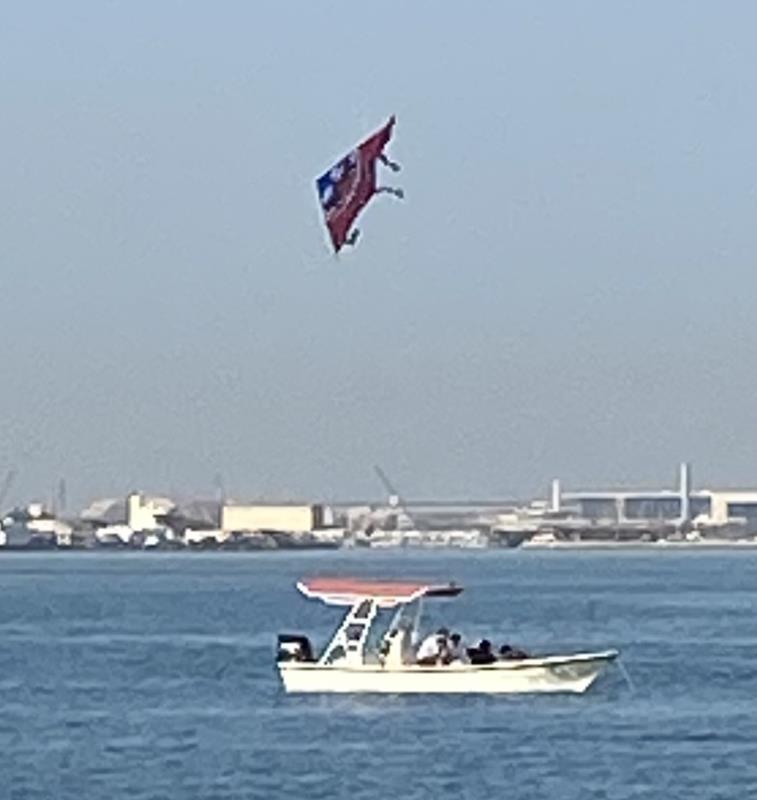
When too many fish are taken out of the ocean it creates an imbalance that can erode the food web and lead to a loss of other important marine life, including vulnerable species like sea turtles and corals.

Fish are being depleted beyond levels from which populations can recover or the reef can sustain

Protecting Turtles from the Threat of Bycatch
Fishing is one of the most significant drivers of declines in ocean wildlife populations. Catching fish is not inherently bad for the ocean, except for when vessels catch fish faster than stocks can replenish, something called overfishing.
The number of overfished stocks globally has tripled in half a century and today fully one-third of the world's assessed fisheries are currently pushed beyond their biological limits, according to the Food and Agriculture Organization of the United Nations. Overfishing is closely tied to bycatch—the capture of unwanted sea life while fishing for a different species. This, too, is a serious marine threat that causes the needless loss of billions of fish, along with hundreds of thousands of sea turtles and cetaceans. The damage done by overfishing goes beyond the marine environment. Billions of people rely on fish for protein, and fishing is the principal livelihood for millions of people around the world.
Many people who make a living catching, selling, and buying fish are working to improve how the world manages and conserves ocean resources. WWF works with a cross-section of stakeholders to reform fisheries management globally, focusing on sustainable practices that not only conserve ecosystems, but also sustain livelihoods and ensure food security.
Decades of destructive fishing has resulted in the precipitous decline of key fish stocks such as bluefin tuna and Grand Banks cod, as well as collateral impacts to other marine life. Hundreds of thousands of marine mammals, seabirds, and sea turtles are captured each year, alongside tens of millions of sharks. Many of these species are endangered and protected, while some such as the vaquita, Eastern Pacific leatherback turtle, and Maui dolphin are on the brink of extinction.
Solutions?
WWF (World Wildlife Fund) works to stop criminals from stealing from legal fisheries, which renders good management much less effective. Together with partners worldwide, WWF aims to close borders in the major seafood importing countries to illegally and unsustainably harvested seafood through government regulatory and voluntary private sector actions.
WWF and its partners are working at both ends of the seafood supply chain to catalyze new business commitments to seafood traceability. Through our access to technical expertise and our ability to bring supply chain actors together across traditional boundaries, we are helping our market chain partners to design and implement traceability solutions that support conservation, including through our work on fishery improvement projects.




















































































